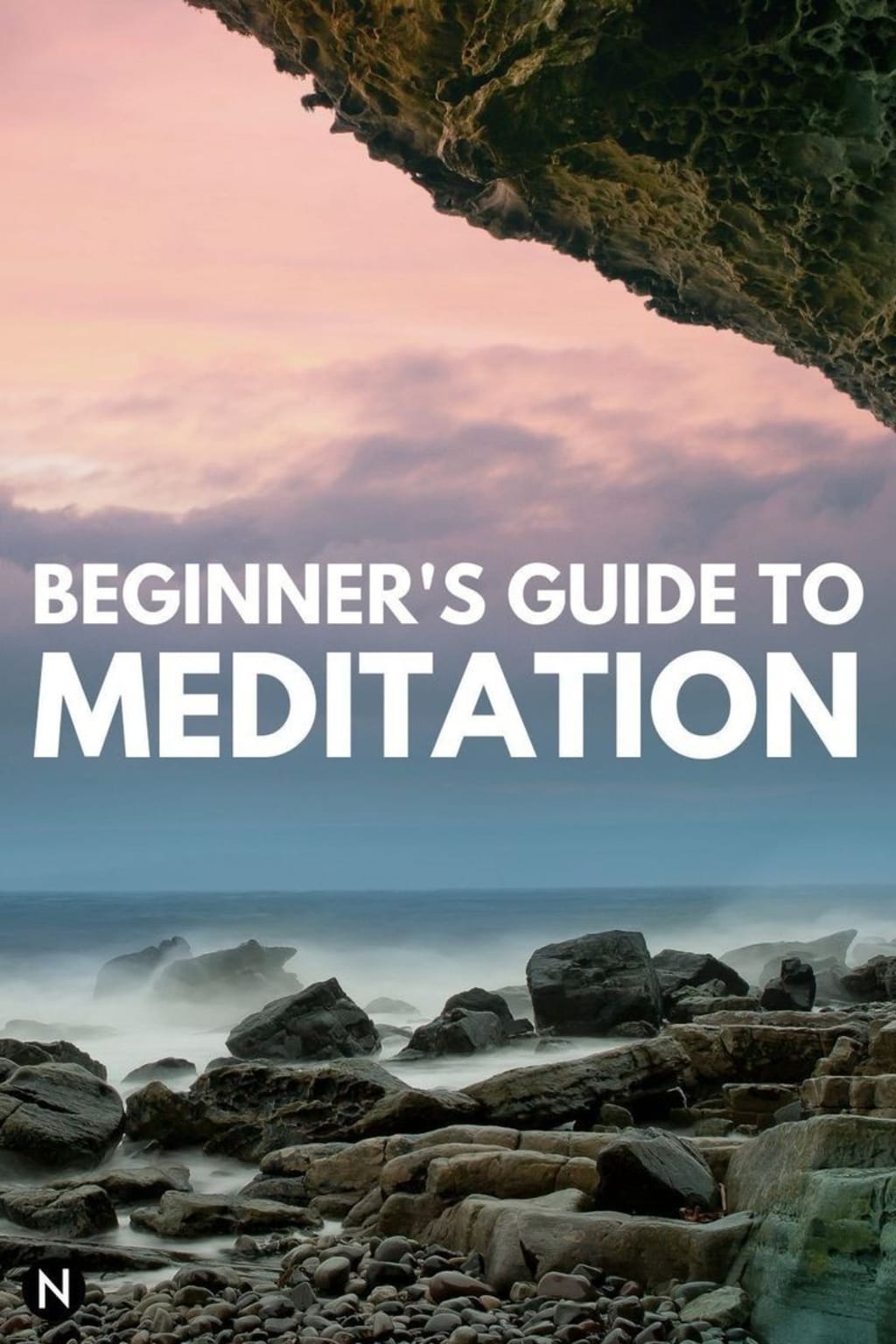Mindfulness and Meditation Practices
Cultivating Inner Peace and Mental Well-being

Introduction:
In today's fast-paced and hectic world, where stress and anxiety have become common companions, the pursuit of inner peace and mental well-being has gained significant attention. One of the powerful tools that have emerged to address these challenges is mindfulness and meditation practices. These practices, rooted in ancient traditions, have been embraced by millions of individuals worldwide, offering a pathway to cultivate a calm and focused mind, reduce stress, and enhance overall well-being. In this article, we will explore the concepts of mindfulness and meditation, their benefits, and practical tips to incorporate these practices into our daily lives.
Understanding Mindfulness:
Mindfulness is the practice of paying attention to the present moment, with openness, curiosity, and non-judgmental awareness. It involves intentionally directing our attention to our thoughts, emotions, bodily sensations, and the environment, without getting entangled in judgments or reactivity. The core principle of mindfulness is to observe and accept experiences as they arise, rather than resisting or clinging to them.
Benefits of Mindfulness:
1. Stress Reduction: Mindfulness practice has shown significant effectiveness in reducing stress levels. By cultivating an awareness of our thoughts and emotions, we can identify stress triggers and respond to them in a more skillful and calm manner. Mindfulness also enhances our ability to regulate emotions and decreases the activation of the brain's stress response.
2. Improved Mental Health: Research has demonstrated that mindfulness can be an effective tool in managing mental health conditions such as anxiety, depression, and post-traumatic stress disorder (PTSD). Regular practice helps individuals develop a greater sense of self-compassion, emotional resilience, and a more positive outlook on life.
3. Increased Focus and Concentration: In a world filled with distractions, mindfulness practice can help sharpen our focus and enhance concentration. By training the mind to stay present and not get carried away by wandering thoughts, we can improve our ability to sustain attention and engage fully in tasks at hand.
4. Enhanced Emotional Well-being: Mindfulness cultivates emotional intelligence by developing our capacity to observe and understand our emotions. It allows us to respond to challenging situations with greater clarity and composure, leading to improved relationships and a more harmonious emotional state.
Understanding Meditation:
Meditation is a formal practice that involves training the mind to achieve a state of deep relaxation and heightened awareness. It encompasses various techniques, including focused attention, open monitoring, loving-kindness, and transcendental meditation, among others. Regardless of the technique employed, the goal of meditation is to cultivate a calm and tranquil mind.
Benefits of Meditation:
1. Improved Physical Health: Regular meditation practice has been associated with numerous physical health benefits. It can lower blood pressure, strengthen the immune system, reduce chronic pain, improve sleep quality, and alleviate symptoms of various medical conditions.
2. Cognitive Enhancement: Meditation has been found to enhance cognitive functions such as attention, memory, and executive functions. It promotes neuroplasticity—the brain's ability to reorganize and form new connections—and increases the thickness of the prefrontal cortex, which is responsible for higher-order cognitive processes.
3. Increased Self-awareness: Meditation deepens our understanding of ourselves by bringing attention to our thoughts, beliefs, and patterns of behavior. This heightened self-awareness allows us to make conscious choices aligned with our values and aspirations, leading to personal growth and self-empowerment.
4. Spiritual Development: For many individuals, meditation is a gateway to spiritual exploration and a deeper connection with the self and the universe. It can provide a sense of purpose, meaning, and transcendence beyond the confines of everyday life.
Incorporating Mindfulness and Meditation into Daily Life:
1. Start Small: Begin with short periods of mindfulness or meditation practice, gradually
increasing the duration as you become more comfortable. Consistency is key, so aim for daily practice, even if it's just a few minutes.
2. Find a Quiet Space: Create a peaceful environment free from distractions where you can comfortably sit or lie down. This space should be conducive to relaxation and introspection.
3. Focus on the Breath: Concentrate on your breath as it moves in and out of your body. Use it as an anchor to bring your attention back whenever your mind wanders.
4. Non-Judgmental Awareness: Adopt an attitude of non-judgmental observation towards your thoughts, emotions, and bodily sensations. Simply observe them without getting caught up in judgments or trying to change them.
5. Seek Guidance: Consider joining a meditation group or attending mindfulness workshops or retreats. The guidance of an experienced teacher can provide valuable insights and support for your practice.
6. Integrate Mindfulness into Daily Activities: Extend mindfulness beyond formal meditation sessions by bringing awareness to everyday activities such as eating, walking, or brushing your teeth. Fully engage your senses and be present in each moment.
Conclusion:
Mindfulness and meditation practices offer a pathway to navigate the challenges of modern life and cultivate inner peace and mental well-being. By incorporating these practices into our daily lives, we can experience the numerous benefits they provide, ranging from stress reduction and improved mental health to enhanced focus and self-awareness. Remember, mindfulness and meditation are skills that require patience, persistence, and an open mind. As we embark on this journey of self-discovery, let us embrace the present moment and nurture our inner selves, for it is in the depths of our own awareness that we find true peace and contentment.





Comments
There are no comments for this story
Be the first to respond and start the conversation.